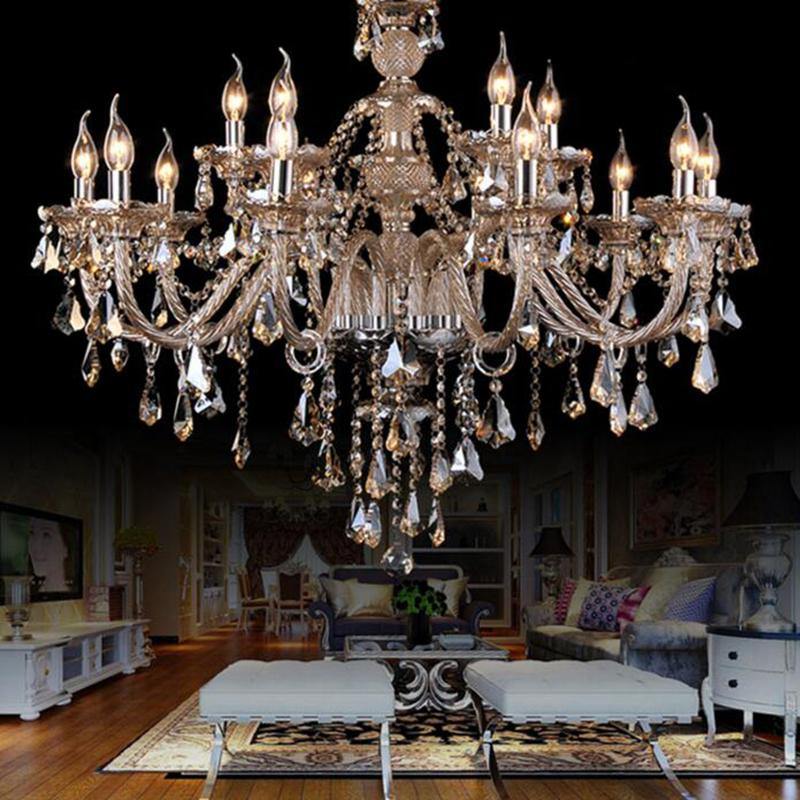Flickering Lights in your home bothering you? Here are a few reasons why it occurs
Flickering lights in your house is a tricky problem to tackle, it can be caused by a variety of factors, some minor and some major. Remember that the lights in your home are part of a much broader electrical network across the entire building and your community. Let’s take a look at some minor issues that cause flickering lights and can be easily resolved.

1. Faulty Light Bulb
2. Loose light plug
3. A faulty light switch or fixture switch
4. Voltage drop triggered by other electrical appliances
However, when your house lights flicker, this may also suggest a more severe electrical problem, such as:
1. Voltage Fluctuation
2. Faulty neighbourhood transformers
3. Loose or obsolete wiring
4. Issues with your supplier of electrical utility services
5. Problems with your key cable connection or meter
6. Sensor overload problems in your circuit
Determining the cause of your flickering bulbs can involve an elimination procedure. To learn more about this, let's take a closer look at each of the triggers of flickering.
Problems With Your Lightbulbs
Starting with the easiest steps, only one of your lights flickering indicates a faulty bulb. This means that the problem is either isolated to a single bulb or fitting. It may be that the bulb came loose in its socket over time and lost its relationship to the socket tab. The lightbulb will start to flicker when this is interrupted. You can confirm this by turning off the light and tightening the bulb in the socket. If this doesn't make any difference when you turn the light back on, consider changing the bulb completely.
Ankur’s LED Bulbs are made from the highest quality materials and therefore this is one problem that will not occur with Ankur!

Loose Lamp Plugs
Another probable cause of flickering lights in lamps is a problematic plug that connects it with the wall outlet. The easiest way to verify if there is a problem with the lamp is by unplugging it and checking a new lamp in the socket. If the new lamp works well in the socket, the issue is with the old lamp. But if you're both struggling, you probably have a problem with your outlet or higher up in your electrical circuit! You can repair the loose plugs by removing the outlet or changing the location of the prongs before you plug it back in. This could strengthen the connection within the outlet.
To prevent these issues we recommend our Ankur Concrete Lamp Holder that can help hold your lamp bulb in place.
Faulty Switches and Fixtures
Flicker lights are a common electrical issue in old homes, as the connection can be loosened over time. If there is a weak link between your light and the switch, this also triggers flickering. You can verify this relation by wiggling the switch or turning it on and off slowly. If this causes the bulb to flicker, there may be a loose link between the two. In that case, the switch itself would have to be replaced. You should be assisted to do this unless you have adequate electrical experience.

Voltage Drops and Fluctuation:
If there is a pattern in your light flickering, this means that the voltage in your lightbulbs fluctuates or drops out abruptly.
Here are a few signs that you might have a problem with voltage fluctuation:
1. Lights flickering shortly after you turn on another electrical appliance
2. The light flickering continues for a time after you have turned the appliance off
3. Your lights are dim, unpredictably or in a way you don't expect.
4. Your lights are burning out frequently
Shared Neighbourhood Transformers
Many neighbourhoods/apartment buildings have electricity transformers in common. Usually, they're transmitting electricity to your home from a high-voltage power utility. However, sharing a transformer means that energy use by your neighbours will affect the power in your house. If you use large quantities of electricity, this can cause the voltage to drop in your home. As a result, the lights are going to flicker.
If this happens to you, consider asking your neighbours if they've had similar problems. If they do, there might be a problem with the transformer itself. In any situation, you can report it to the electricity company for maintenance as soon as possible.
Loose and Outdated Wiring
Loose wiring in your home can be a big health and safety problem, apart from making your lights flicker. It also influences how well the electrical circuits in your home hold electricity. Any defects in the wiring, cables, switches or breakers leave the circuit gaps. When electricity attempts to fill these holes, it results in an inconsistent current flowing through the circuit itself. Your light will flicker every time this happens. This is a common issue in older homes where wiring is out of date or has become looser with age. That said, bad electrical installations can also lead to improperly placed wiring.
Problems With Your Main Cable and Meter Box
Your home's electricity supply comes in through a transformer. This is normally located near your house and, if something goes wrong with yours, it can result in variable voltage throughout your home. However, if the main cable connecting your home to the transformer is broken, this may also result in flickering lights. This usually occurs when construction work has taken place in the region that could have interrupted your cable.
Overloaded Circuits
The electrical circuits in our homes are used to deal with a lot of electricity. After all, we use power regularly for a whole range of activities. But often it is possible to expect too much of the circuits of your home. For example, whether you have a lot of appliances running or a few large appliances running, this needs a lot of power from your home circuits. If this occurs, you will find that your lights are beginning to flicker. This is because the voltage in your home circuit has been diverted to a larger appliance, causing the lights to dim. However, the flickering should stop after your appliance has been working for a while.

Now that you have been through our comprehensive list of reasons why your light has been flickering, it is time to call an electrician and have him thoroughly examine the problem area. This will help you understand what is the next step to take and how to resolve the irritating problem of flickering lights. This problem, although annoying, can help you uncover underlying issues and prevent future accidents in your home.
 Talk On Call
Talk On Call Chat On WhatsApp
Chat On WhatsApp


